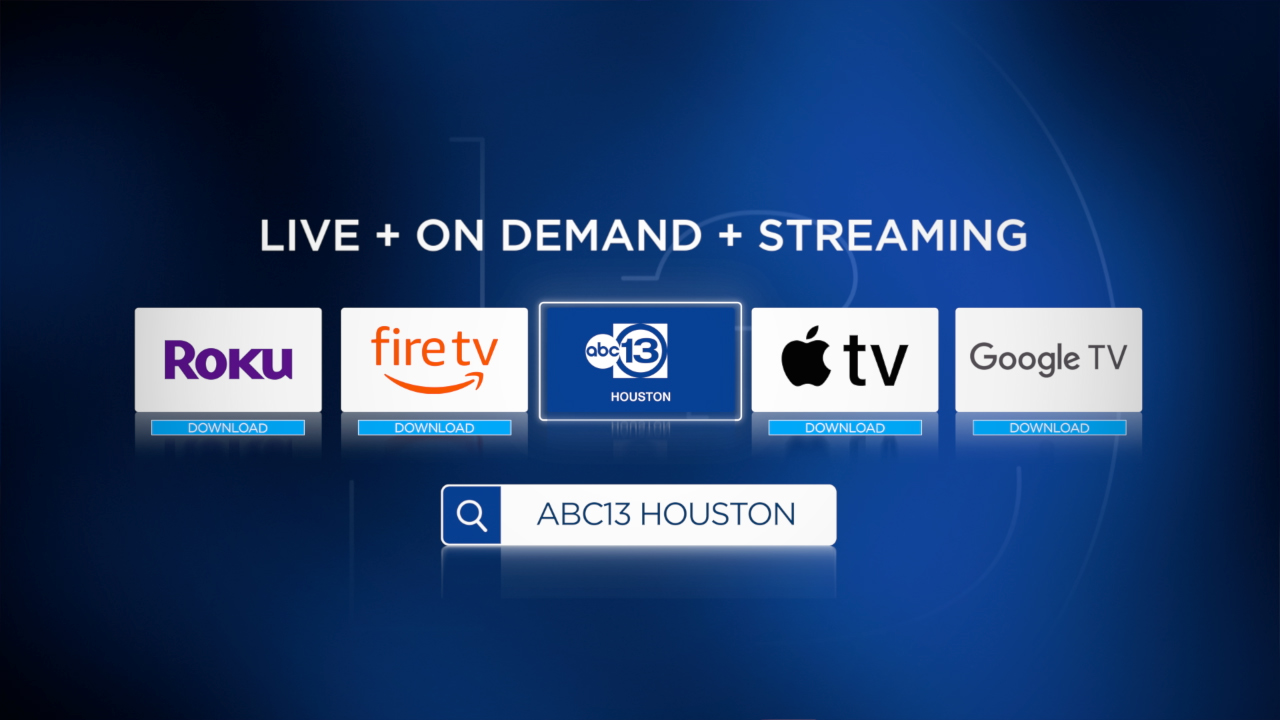ABC13 town hall focuses on Black men and their mental health

HOUSTON, Texas (KTRK) -- If you or someone you know is in crisis, call or text the Suicide and Crisis Lifeline at 988. You can reach Trans Lifeline at 877-565-8860 (U.S.) or 877-330-6366 (Canada) and The Trevor Project at 866-488-7386.
Lecrae has a lot of reasons to smile these days.
The gospel rap artist has a beautiful wife and three kids, several movie projects in the works, and just kicked off his final "Church Clothes" tour, with a stop in the Bayou City on April 22.
But it's something the Houston native did - later, he concedes, than he would have liked - that he said has made all the difference.
"Therapy has changed my life," he told ABC13 during a recent Zoom conversation. "Black people have prided ourselves on our ability to navigate struggle. Yes, man, thank God we're able to do that, but we don't have to do that. If you don't have to struggle, don't do that."
Watch this snippet from Lecrae.

We recognize that struggle is real, which is why Eyewitness News producer and anchor Brittaney Wilmore gathered changemakers like Lecrae for a town hall.
The town hall highlighted the factors behind the mental health crisis among Black men, and the resources available that can save their lives.
With suicides on the rise in the U.S. after a two-year decline, federal data shows Black men are now at greater risk of experiencing stress and anxiety without coping interventions, including therapy and mental health care access.
The statistics are alarming. Members of the Black community are now 10% more likely to experience serious psychological distress than other races, according to the Health and Human Services' Office of Minority Health.
"I went through a very detrimental season of clinical depression, severe anxiety, and I didn't think there was really any way out of it," Lecrae said "Therapy helped me to unpack a lot of the reasons why."
Through slavery, Jim Crow laws, the fight for civil rights and a laundry list of disparities, Lecrae said the Black community has had to shoulder a lot of generational trauma.
"We were never afforded the opportunity or the luxury of therapy at one point in time," Lecrae said. "It cost money, and it was money we didn't have. Now there's more opportunity for us to get therapy. There's options for free therapy, there's options for it to be affordable, and now we just got to end that stigma that, we're not better because we can endure struggle."
Brian Ellison, founder of The Black Man Project, said only one in three African Americans who need mental health care receive it.
His organization works nationally to explore the complexity of Black masculinity for men and boys, creating safe spaces that nurture healing, accountability and brotherhood.
"We're addressing issues that we commonly see within Black households, and we hope to normalize conversations like this taking place wherever we gather, beyond this space," Ellison said.
Ellison was joined by a panel of mental health advocates and experts, including:
- Be Dismond Sweet, The Boris Lawrence Henson Foundation
- Julius Thomas, former NFL player and neuroscience doctoral candidate
- Dr. Oshan Gadsden, Hampton University psychology chair
- Cameron Lightfoot, High School for the Performing and Visual Arts student and mental health advocate
"When you have heart problems, you go and talk to a cardiologist. Well, mental health is the brain, it's literally an organ in the body," Lecrae said. "And so there's someone who understands how to navigate the human brain. Go talk to them and get help for it, so you can be a healthier individual.












